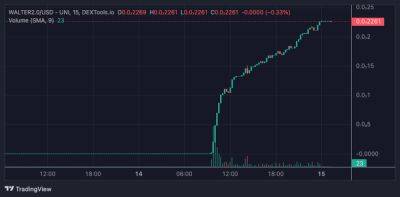Trying to choose Pretax vs. Roth 401(k)? Why it's trickier than you think, experts say
If you have a 401(k), one of the big questions is whether to make pretax or Roth contributions — and the answer may be complicated, experts say.
While pretax 401(k) contributions reduce your adjusted gross income, you'll owe levies on growth upon withdrawal. By comparison, Roth 401(k) deposits won't provide an upfront tax break, but the money can grow tax-free.
Some 80% of employer retirement plans offered Roth contributions in 2022, compared with 71% in 2018, according to a recent Vanguard report based on roughly 1,700 retirement plans.
Here's a look at other stories offering a financial angle on important lifetime milestones.
While your current and future tax brackets are part of the puzzle, experts say there are other factors to consider.
«It's hard speaking in broad terms, because there are so many things that go into making that decision,» said certified financial planner Ashton Lawrence at Mariner Wealth Advisors in Greenville, South Carolina.
Here's how to decide what's right for your 401(k) plan.
One of the big questions to consider is whether you expect to be in a higher or lower tax bracket in retirement, experts say.
Generally speaking, pretax contributions are better for higher earners because of the upfront tax break, Lawrence said. But if your tax bracket is lower, paying levies now with Roth deposits may make sense.
Roth 401(k) contributions are typically good for younger workers who expect to earn more later in their careers, explained Lawrence Pon, a CFP and certified public accountant at Pon & Associates in Redwood City, California.
«If you're in the 22% or 24% bracket or lower, I think the Roth contribution makes sense, assuming you'll be in a higher bracket upon retirement,» he said.
Although it's
Read more on cnbc.com



















